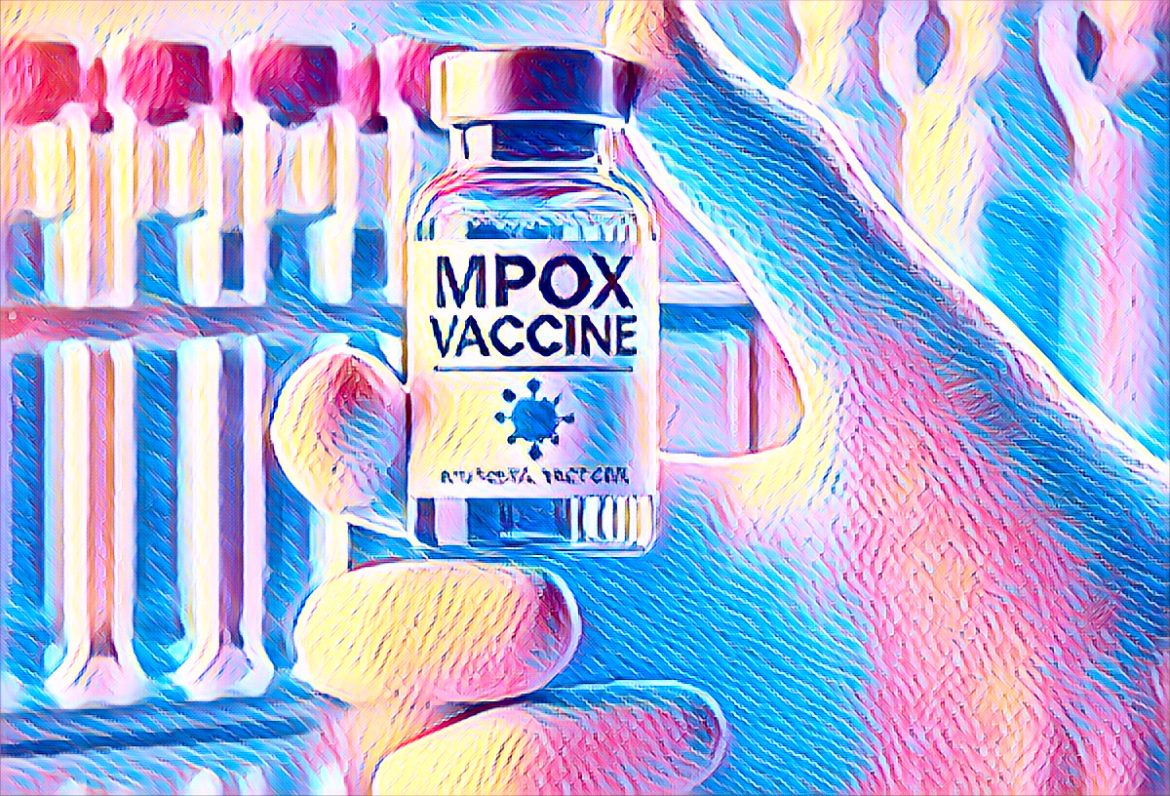Nigeria is set to begin a nationwide vaccination campaign against mpox on October 8, marking a significant step in its efforts to control the spread of the disease. The Federal Ministry of Health announced the plan to roll out the vaccination program, targeting high-risk groups and health workers across the country.
Mpox, formerly known as monkeypox, has been a growing concern in Nigeria and other parts of Africa due to its potential to cause severe illness. The disease, which is caused by the mpox virus, can spread through close contact with an infected person or animal and is characterized by fever, rash, and swollen lymph nodes. While mpox is less contagious than smallpox, it can lead to serious complications, particularly in individuals with weakened immune systems.
The decision to launch the vaccination campaign follows a rise in mpox cases in Nigeria and several outbreaks reported in neighboring countries. Dr. Ifedayo Adetifa, the Director-General of the Nigeria Centre for Disease Control (NCDC), emphasized the importance of the vaccination program in reducing the spread of the virus and protecting vulnerable populations. “This vaccination campaign is a critical component of our strategy to combat mpox and prevent further transmission in our communities,” Adetifa stated.
The campaign will prioritize health workers, who are at higher risk of exposure due to their direct contact with patients. Other high-risk groups, including people with compromised immune systems and those living in close quarters such as prisons, will also be among the first to receive the vaccine. The NCDC is coordinating with state governments to ensure the smooth distribution and administration of the vaccines across the country.
The vaccines to be used in the campaign are being provided by the World Health Organization (WHO) as part of a global effort to curb the spread of mpox. WHO has been working closely with Nigerian health authorities to ensure that the vaccines meet international safety and efficacy standards. In addition, WHO is providing technical support and training to local health workers on how to administer the vaccines and manage any potential side effects.
The introduction of the mpox vaccine is expected to bolster Nigeria’s public health response to the disease. The country has been dealing with sporadic outbreaks of mpox since 2017, with over 1,000 suspected cases reported each year. The NCDC has been actively monitoring the situation and implementing various measures to control the spread, including public awareness campaigns, surveillance, and contact tracing.
Health experts have welcomed the vaccination campaign, describing it as a proactive measure to prevent a larger outbreak. Dr. Chikwe Ihekweazu, former Director-General of the NCDC and now a top official at WHO, stressed the importance of vaccination in controlling infectious diseases. “Vaccines are one of the most effective tools we have to prevent outbreaks and protect public health. This campaign is a positive step towards reducing the burden of mpox in Nigeria,” Ihekweazu commented.
The Nigerian government is also encouraging citizens to remain vigilant and continue practicing preventive measures, such as frequent hand washing, avoiding close contact with infected individuals, and reporting any suspected cases to health authorities. Public health officials have urged anyone who experiences symptoms of mpox to seek medical attention immediately to prevent further spread.
As Nigeria prepares to roll out its mpox vaccination campaign, there is optimism that this effort will significantly reduce the number of new infections and help control the spread of the virus. The successful implementation of the campaign will not only protect high-risk groups but also contribute to the global fight against mpox.
For now, the focus remains on ensuring that the vaccines are distributed efficiently and that public awareness is raised about the importance of vaccination. The government and health authorities are hopeful that these efforts will lead to a decline in mpox cases and bring the country one step closer to eradicating the disease.
Source: Reuters


